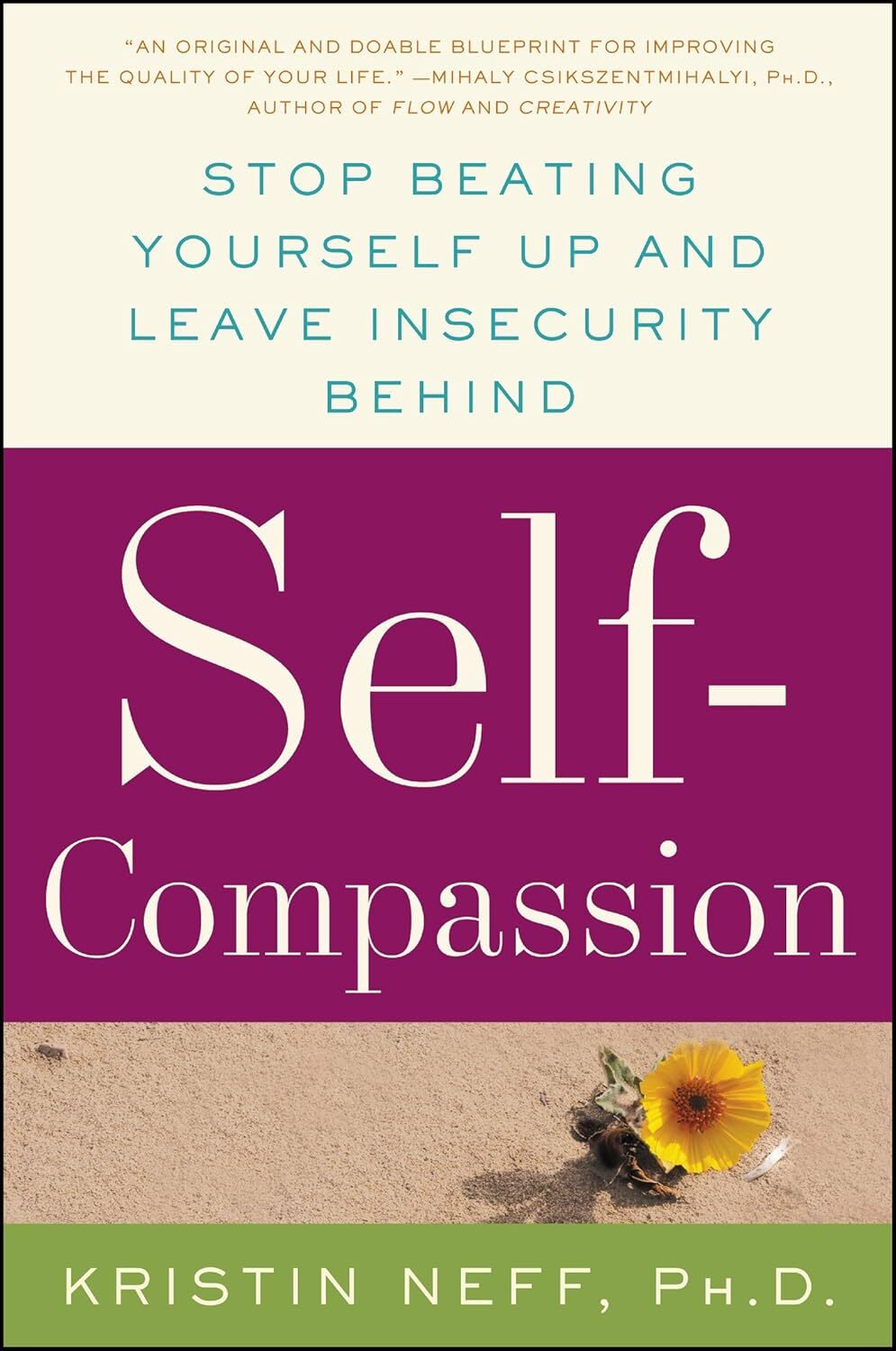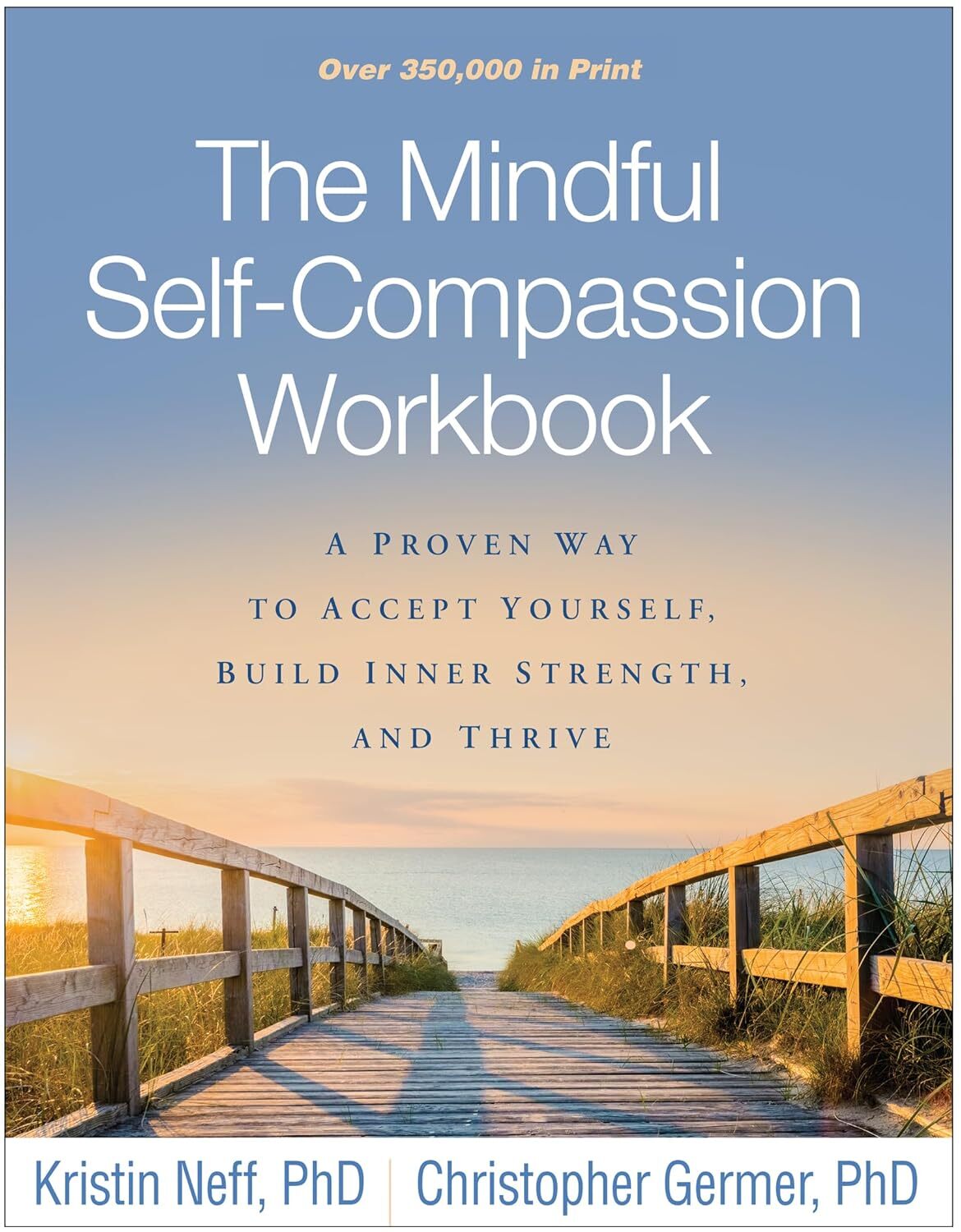Self-Kindness
Embrace Self-Support with Gentleness and Compassion

Introduction
Self-Kindness is a vital pillar of self-compassion, the practice of treating oneself with the same warmth, care, and understanding offered to a close friend. Self-kindness specifically focuses on fostering a gentle, supportive attitude toward oneself, especially during moments of struggle, failure, or self-criticism. By integrating self-kindness into daily life, individuals can nurture a healthier relationship with themselves and support personal growth.
What You Need To Know
How To Do It
Instructions:
- “I am doing my best, and that’s enough.”
- “I deserve kindness, just as I am.”
- “It’s okay to make mistakes.”
- “I am worthy of care and support.”
Helpful Tips:
- Start Small: Begin with brief moments of self-kindness, like a 2-minute pause during a busy day.
- Personalize Phrases: Use words that feel authentic, such as “I’m allowed to be imperfect” or “I can support myself.”
- Use Reminders: Set phone alerts or sticky notes with kind phrases to prompt self-kindness throughout the day.
- Practice Regularly: Incorporate self-kindness into daily routines to build a habit of self-support.
- Combine with Actions: Pair kind words with actions like a warm drink or a short walk to reinforce self-care.
- Be Patient: Shifting from self-criticism to self-kindness takes time; approach it with gentleness.
- Track Progress: Journal changes in how you relate to yourself to notice improvements.
- Address Resistance: If self-kindness feels awkward, acknowledge it and gently continue, recognizing it’s a new skill.
Related Topics:
Strongly Related
Reduce Stress:
[Links to related web pages]
[Links to related web pages]
[Links to related web pages][Links to related web pages]
Moderately Related
Issue B:
[Links to related web pages]
[Links to related web pages]











